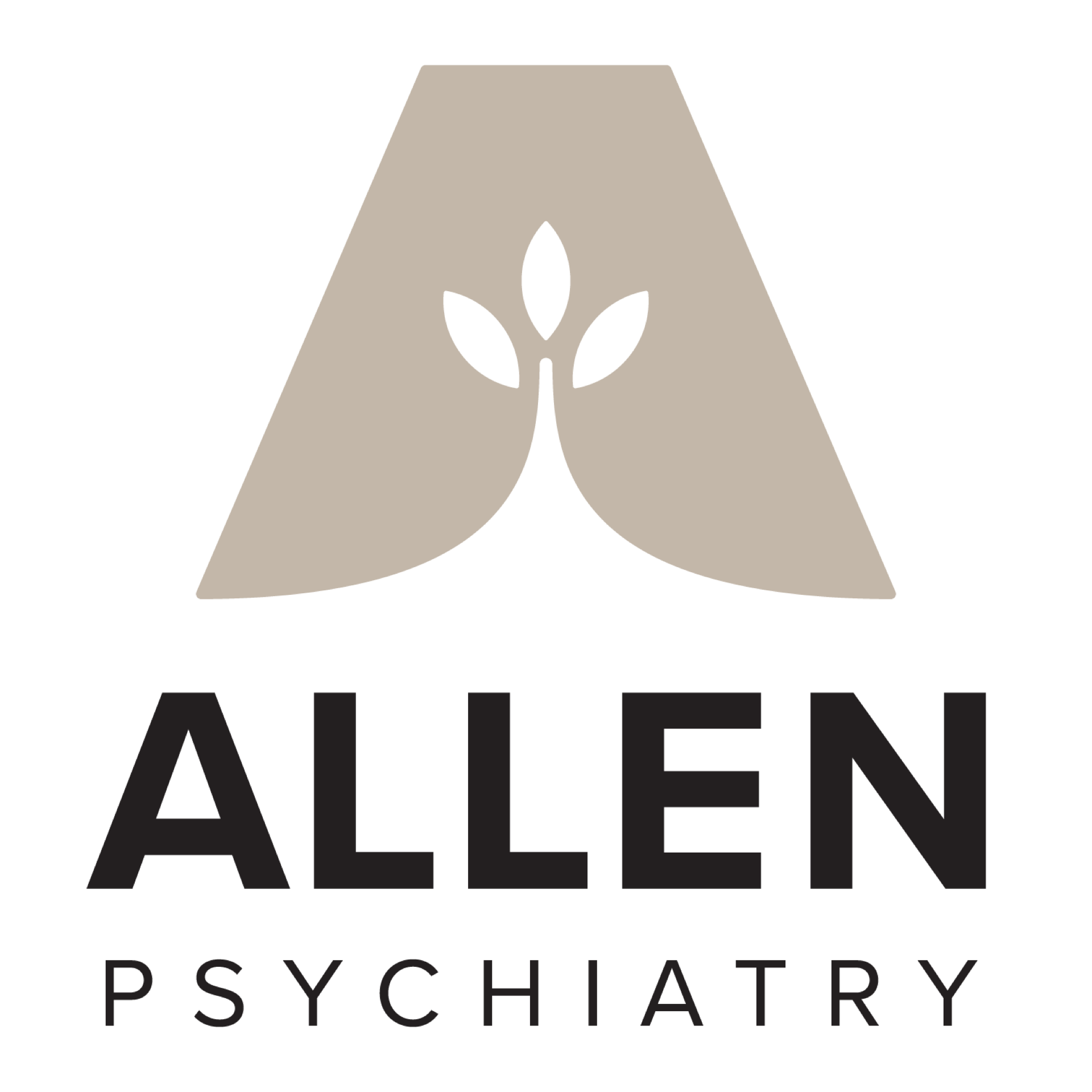Professional Depression Treatment in Provo, Utah
Depression can feel overwhelming, but you don't have to go through it alone. Dr. Todd Allen offers expert evaluation and treatment for depression in a supportive and confidential environment.
If you or a loved one is struggling with depression, please call (385) 504-1334 or schedule an appointment online today. We are here to help you rediscover hope and well-being.
Understanding Depression
What is Depression?
Depression is more than just feeling sad; it's a persistent medical condition that affects your mood, thoughts, and daily activities. Major depressive disorder is characterized by a persistent feeling of sadness and loss of interest that can interfere with daily functioning. It's important to understand that depression is a treatable medical condition, not a personal weakness or character flaw.
Depression at a Glance
- Prevalence: Affects approximately 7.1% of adults in the United States annually (Hasin et al., 2018, JAMA Psychiatry)
- Onset: Can occur at any age, with peak onset in early adulthood (Kessler et al., 2005, Archives of General Psychiatry)
- Treatment: Highly effective with proper diagnosis and management (Cuijpers et al., 2013, Annual Review of Clinical Psychology)
- Prognosis: Excellent with appropriate treatment and support (Rush et al., 2006, New England Journal of Medicine)
Key Symptoms of Depression
Depression manifests through a combination of emotional, cognitive, and physical symptoms that persist for at least two weeks and represent a change from previous functioning. Understanding these symptoms is crucial for proper diagnosis and treatment.
- Persistent Sadness: A constant feeling of sadness, emptiness, or hopelessness that doesn't improve with time or positive events
- Loss of Interest: Diminished interest or pleasure in activities that were once enjoyable, including hobbies, social activities, and relationships
- Feelings of Hopelessness: A pervasive sense that things will never get better, accompanied by pessimism about the future
- Irritability and Restlessness: Increased irritability, frustration, or restlessness, especially in men and adolescents
- Cognitive Difficulties: Trouble concentrating, remembering details, or making decisions, which can affect work and daily tasks
- Sleep Disturbances: Insomnia, early morning awakening, or excessive sleeping that doesn't provide rest
- Appetite Changes: Significant weight loss or gain, or changes in appetite that aren't related to dieting
- Physical Symptoms: Unexplained aches and pains, headaches, cramps, or digestive problems that don't respond to treatment
- Fatigue and Low Energy: Persistent tiredness and lack of energy, even after adequate rest
- Thoughts of Self-Harm: Thoughts of death, suicide, or self-harm (this requires immediate professional attention)
Warning Signs
If you or someone you know is experiencing thoughts of suicide or self-harm, please seek immediate help. Call the National Suicide Prevention Lifeline at 988 or go to the nearest emergency room. These thoughts are treatable and help is available.
Causes and Risk Factors
Depression typically results from a complex interaction of biological, psychological, and environmental factors. Understanding these factors helps inform treatment approaches.
- Biological Factors: Changes in brain chemistry, particularly involving neurotransmitters like serotonin, norepinephrine, and dopamine
- Genetics: Family history of depression increases risk, suggesting a genetic component
- Life Events: Traumatic experiences, loss of a loved one, relationship problems, or financial difficulties
- Medical Conditions: Chronic illnesses, hormonal changes, or certain medications can contribute to depression
- Personality Traits: Low self-esteem, perfectionism, or being overly dependent on others
- Substance Use: Alcohol or drug abuse can both cause and worsen depression
Evidence-Based Treatment Approaches
Dr. Allen is dedicated to providing personalized care that addresses your unique needs. His comprehensive approach includes:
- Comprehensive Evaluation: A thorough assessment to understand your symptoms, medical history, and personal circumstances
- Medication Management: Expert guidance on antidepressant medications to help regulate brain chemistry and improve symptoms
- Psychotherapy Integration: Recommendations for evidence-based therapies like cognitive behavioral therapy (CBT) or interpersonal therapy
- Lifestyle Modifications: Guidance on exercise, nutrition, sleep hygiene, and stress management techniques
- Supportive Environment: A safe and non-judgmental space where you can feel heard and understood
- Collaborative Care: Working with you to develop a treatment plan that aligns with your goals and preferences
Treatment Success
With proper treatment, most people with depression experience significant improvement in their symptoms and quality of life. Early intervention and ongoing support are key to long-term recovery. Remember, seeking help is a sign of strength, not weakness.
What to Expect During Treatment
Your journey toward recovery begins with a comprehensive evaluation and continues with ongoing support and monitoring:
- Initial Consultation: A thorough discussion of your symptoms, medical history, and treatment goals
- Treatment Planning: Development of a personalized treatment plan that may include medication, therapy, and lifestyle changes
- Regular Monitoring: Ongoing assessment of your progress and adjustment of treatment as needed
- Support and Education: Information about depression, treatment options, and coping strategies
- Collaboration: Working together to ensure your treatment plan meets your needs and preferences

